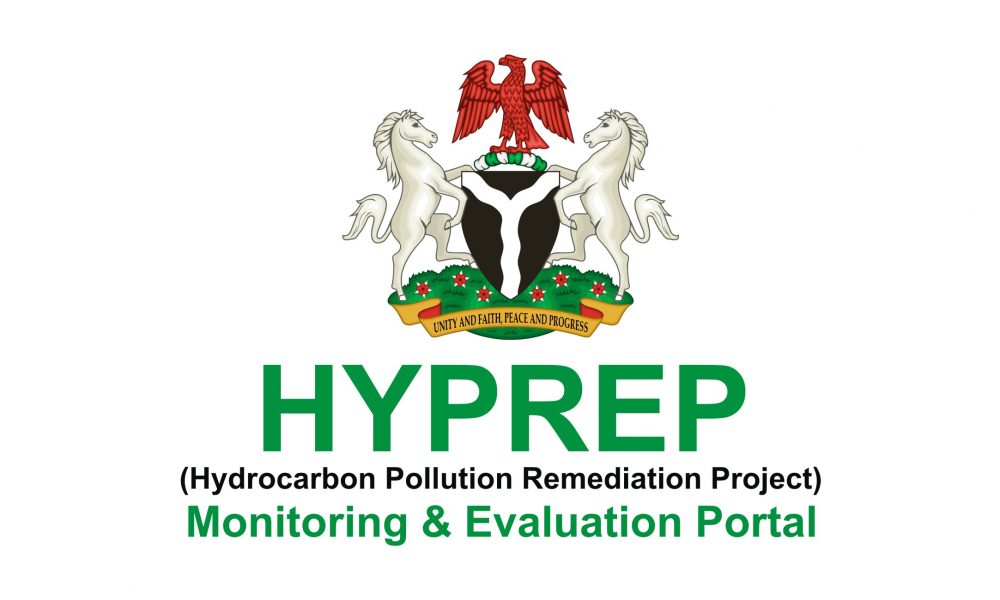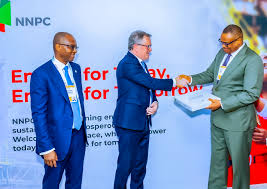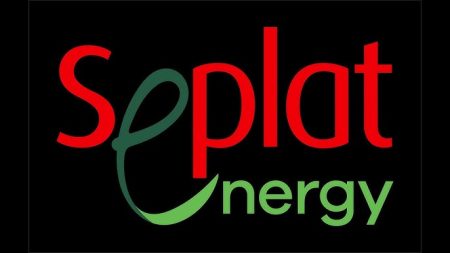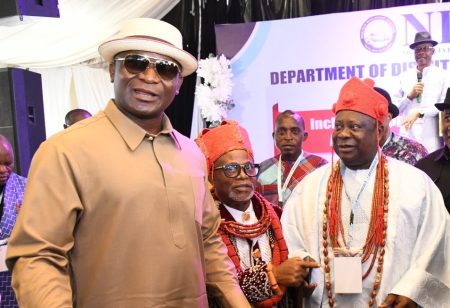 – Expands Ogoni cleanup projects in 2025
– Expands Ogoni cleanup projects in 2025
Mkpoikana Udoma
Port Harcourt — The Hydrocarbon Pollution Remediation Project, HYPREP, has released the list for postgraduate scholarships to 300 Ogoni youths, emphasizing the Federal Government’s commitment to human capital development in hydrocarbon-impacted communities.
Prof. Nenibarini Zabbey, HYPREP Project Coordinator, announced the development in his New Year message, describing education as “a powerful tool for transformation.”
The scholarships—100 for PhD and 200 for Master’s programs—are intended to cover tuition and research expenses.
Zabbey urged beneficiaries to “use this postgraduate education support fund to defray fees and research expenses” while contributing to the advancement of their communities.
“This initiative underscores the Federal Government’s commitment through HYPREP to investing in human capital development as a deliberate strategy for creating alternative sources of livelihoods for impacted communities while creating opportunities for Ogoni youths to contribute meaningfully to society,” he said.
Reflecting on 2024, Prof. Zabbey highlighted that HYPREP implemented over 130 projects, including soil and groundwater remediation, shoreline cleanup, mangrove restoration, and infrastructure projects such as the Centre of Excellence for Environmental Restoration, Ogoni Specialist Hospital, and potable water schemes. Many of these projects, he noted, “will be completed for public use this year, 2025.”
Looking ahead, Zabbey said HYPREP plans to launch a socio-economic study of Ogoniland and a three-year public health study, led by the International Agency for Research on Cancer, IARC, in partnership with local researchers.
According to him, these initiatives will “produce a robust blueprint for the post-cleanup socio-economic development of Ogoni” and provide crucial insights into public health.
“We shall also thoroughly characterize the high-risk, complex sites leading to remediation execution,” he added, noting that HYPREP will intensify efforts in mangrove restoration, RAMSAR accreditation of Ogoni mangroves, and research on boosting local livelihoods through field stocking trials of the West African bloody cockle spat.
Prof. Zabbey reaffirmed HYPREP’s commitment to implementing projects in accordance with UNEP’s recommendations, emphasizing the importance of transparency, stakeholder engagement, and community participation.
“Achieving the 2025 goals of the Ogoni Cleanup requires strong visibility, linkages, and partnership. We shall continue to communicate lessons learned, seek your input, and process our data to knowledge products to advance the knowledge and practice of hydrocarbon remediation,” he stated.
As Ogoniland moves into 2025, he called on stakeholders to remain united. “Sustained support, peace, and unity among stakeholders and communities will enable us to overcome challenges and achieve milestones that benefit the environment and the people,” Prof. Zabbey said, urging everyone to remain committed to HYPREP’s mandate.



